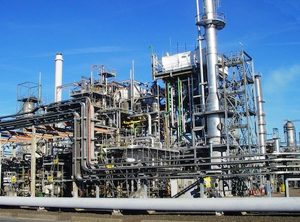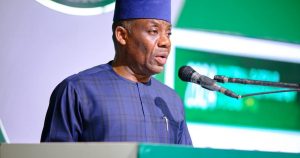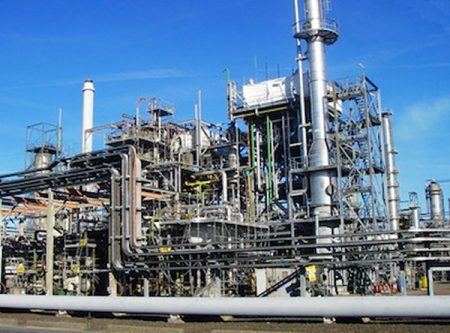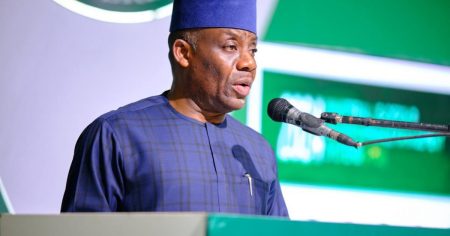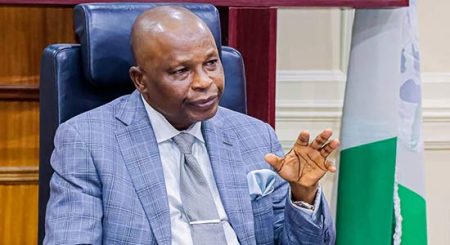Nigerian businesses are grappling with a new primary challenge: high interest rates. A June 2025 Central Bank of Nigeria (CBN) survey reveals that escalating borrowing costs have surpassed long-standing issues like insecurity and inadequate power supply as the most significant constraint on business operations. The survey, which polled 1,900 firms across various sectors, assigned a score of 75.6 to high interest rates on the constraint index, slightly edging out insecurity (75.2) and insufficient power (74.3). This reflects the mounting financial pressures faced by businesses, particularly Small and Medium-sized Enterprises (SMEs), as they struggle to secure affordable credit in a tight monetary environment. While insecurity and power shortages continue to pose substantial obstacles, the surge in interest rates has exacerbated the existing burdens, impacting profitability and operational stability.
The CBN’s hawkish monetary policy, aimed at curbing inflation and stabilizing the naira, has inadvertently contributed to this predicament. While the policy seeks to address macroeconomic instability, the consequence has been a significant increase in the cost of borrowing, shrinking liquidity, and restricting access to finance for businesses. Experts argue that this approach, while potentially beneficial in the long run, is inflicting short-term pain on businesses struggling to navigate the challenging economic landscape. The survey also highlighted other significant constraints, including high bank charges (73.2), multiple taxes (68.9), an unfavorable economic climate (68.7), and unclear economic laws (67.4). These findings underscore the complex web of challenges confronting Nigerian businesses, ranging from financial pressures to regulatory hurdles and broader economic uncertainties.
Interestingly, infrastructure deficits and political instability ranked lower on the constraint index (62.4 and 62.5, respectively), suggesting that immediate economic and financial concerns are currently overshadowing political risks. This indicates that businesses are more preoccupied with navigating the current economic turbulence and accessing affordable finance than with political developments. Despite these prevailing challenges, the survey revealed a degree of optimism among businesses regarding future prospects. The Business Confidence Index, though currently at 20.7, is projected to climb to 41.3 within the next six months, fueled by anticipated improvements in business activity and operating conditions.
However, this optimism is not uniform across the country. The South-East region registered the lowest business confidence score (4.4), attributed to its heightened sensitivity to high interest rates. Conversely, the North-East exhibited the highest level of optimism (37.1). This regional disparity underscores the uneven impact of economic policies and highlights the need for tailored interventions to address specific regional challenges. Businesses also anticipate an appreciation of the naira in the coming months, coupled with a further rise in borrowing costs, indicating a complex and potentially volatile economic outlook.
The CBN’s Monetary Policy Committee (MPC), in its 301st meeting, maintained the Monetary Policy Rate (MPR) at 27.5% for the third consecutive time in 2025, holding all other key policy parameters constant. This decision, according to CBN Governor Olayemi Cardoso, aims to sustain the downward trend in inflation and manage emerging inflationary pressures. The MPC believes that maintaining the current policy stance is crucial until inflation risks are sufficiently mitigated. This marks the third consecutive hold on interest rate changes following six hikes in 2024. The decision was informed by recent economic data, including a third consecutive month of decline in headline inflation to 22.22% in June, down from 22.97% in May, mainly due to lower energy prices and relative stability in the foreign exchange market.
However, despite the positive trend in year-on-year inflation, a slight increase in month-on-month inflation to 1.68% from 1.53%, driven by rising service and imported food prices, suggests persistent underlying inflationary pressures. This, coupled with global geopolitical tensions and ongoing tariff wars, which could disrupt supply chains and inflate import costs, justifies the MPC’s cautious approach. This cautious stance, however, has drawn criticism from business leaders and economists. The Director-General of the Lagos Chamber of Commerce and Industry, Dr. Chinyere Almona, warned that maintaining the high MPR places a significant burden on businesses and advocated for a reduction. Similarly, former Zenith Bank Chief Economist, Marcel Okeke, criticized the decision, arguing that the tight monetary policy is detrimental to the real economy, particularly for small businesses struggling to access finance. The debate underscores the difficult balancing act between controlling inflation and supporting economic growth, a challenge the CBN continues to grapple with in the face of complex internal and external pressures.



